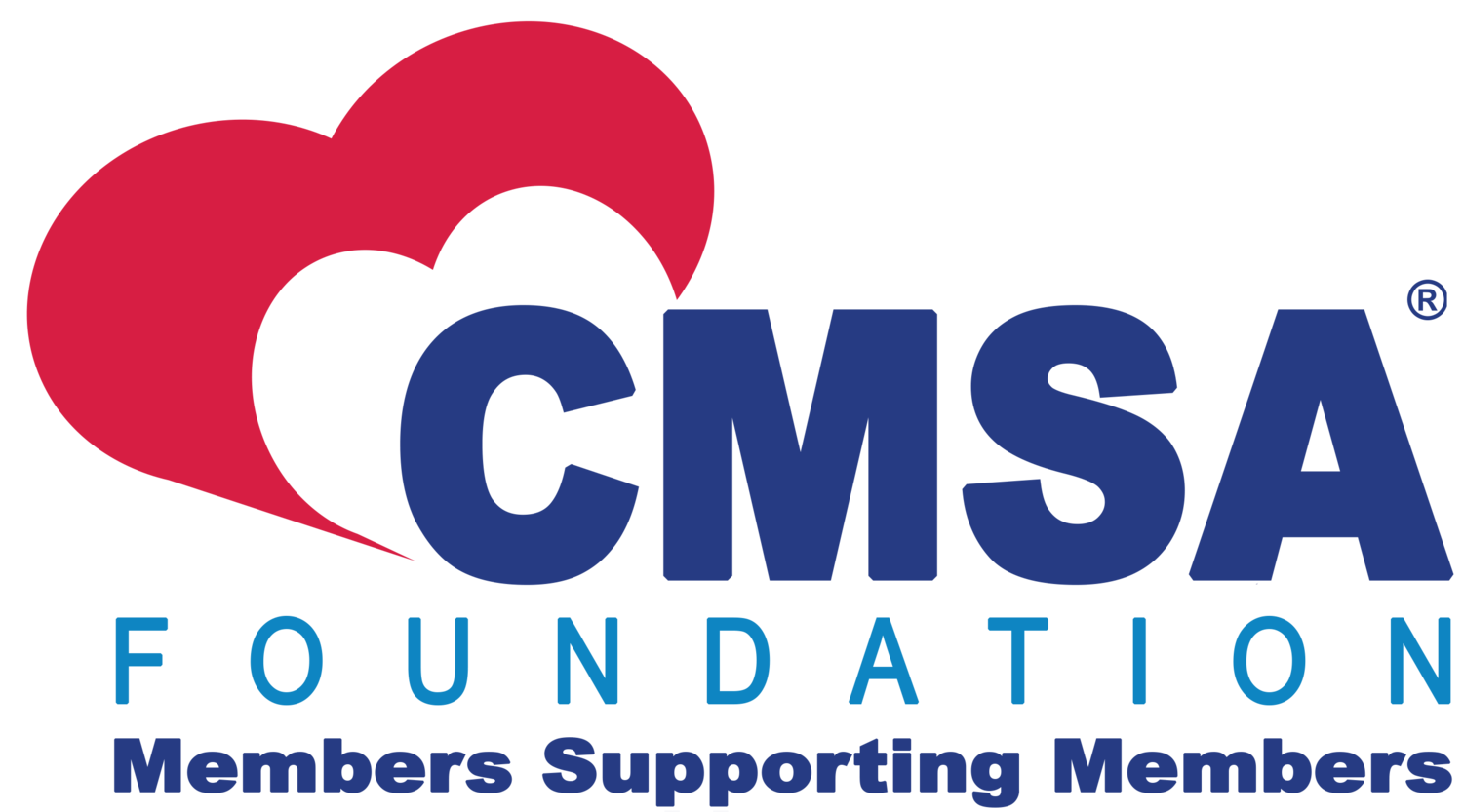2024 CASE MANAGEMENT PRACTICE IMPROVEMENT AWARD
PROJECT TITLE: Towards a Distinct Experience and Optimum Quality of Life for Stroke Patients
RECIPIENT: Al Hada Armed Forces Hospital, Case Management Department
CATEGORY: Quality of Life
ABSTRACT: Stroke is a significant global health issue, characterized by the rapid onset of focal or global cerebral dysfunction, resulting in long-lasting disability or death of vascular origin. It is a leading cause of mortality, accounting for 7% of deaths across OECD countries. Nonetheless, available studies indicate that the annual incidence of stroke is estimated to be around 29 cases per 100,000 people. In the Kingdom of Saudi Arabia, a rapidly developing nation with substantial lifestyle and environmental changes, the incidence and risk of stroke have increased. The prevalence of stroke in the country is 43.8 per 100,000 individuals. This high burden of stroke is projected to escalate, with the mortality rate expected to nearly double by 2030. Among all types of strokes, ischemic stroke is the most prevalent in the population. However, the utilization and distribution of available resources, inconsistent provision of services, and the lack of evidence-based urgent stroke care contribute to suboptimal patient outcomes throughout the Kingdom.
Within our healthcare setting, a critical issue is the poor quality of life experienced by stroke patients, as indicated by an average Modified Rankin Scale (mRS) score of 3.33. The mRS is a widely used tool to assess the functional status of stroke patients, providing valuable insights into their recovery and overall neurological function. Additionally, there is a concerning trend of increasing hospital readmission rates due to secondary strokes, with an average rate of 6.2%. The team conducted an in-depth analysis to identify the underlying causes of the poor quality of life experienced by stroke patients. Through the use of brainstorming techniques and a fishbone diagram, we identified potential factors contributing to the decline in quality of life.
These challenges highlight the urgent need for interventions and improvements in stroke care to enhance patient outcomes and reduce the burden of stroke in our healthcare setting. By addressing the gaps in resource utilization, service provision, and evidence-based care, we can work towards improving the quality of life for stroke patients and reducing the incidence of secondary strokes.
RESULTS / OUTCOMES: Using the utility-weighted Modified Rankin Scale (mRS) scores, the estimated Quality-Adjusted Life Year (QALY) gain per patient, with an improvement from an mRS score of 3.33 to 0.91, is approximately 0.41 QALYs. This means, on average, each patient experienced an improvement in quality of life, equivalent to gaining about 0.41 years of life in perfect health. Converting QALYs to monetary value can be done using a cost-effectiveness threshold, which varies significantly between countries and healthcare systems. However, an often-cited international average value for one QALY is approximately USD 50,000 to USD 100,000. This range is a broad average and can differ based on specific health economics contexts. Based on the international average values for one QALY, the estimated monetary value of the 0.41 QALYs gained per patient is approximately from USD 20,500 to USD 41,000 per QALY.
READ MORE about this project.
Article in CMSA Today magazine: Towards a Distinct Experience and Optimum Quality of Life.
Program Article
Towards a Distinct Experience and Optimum Quality of LIfe for Stroke Patients

